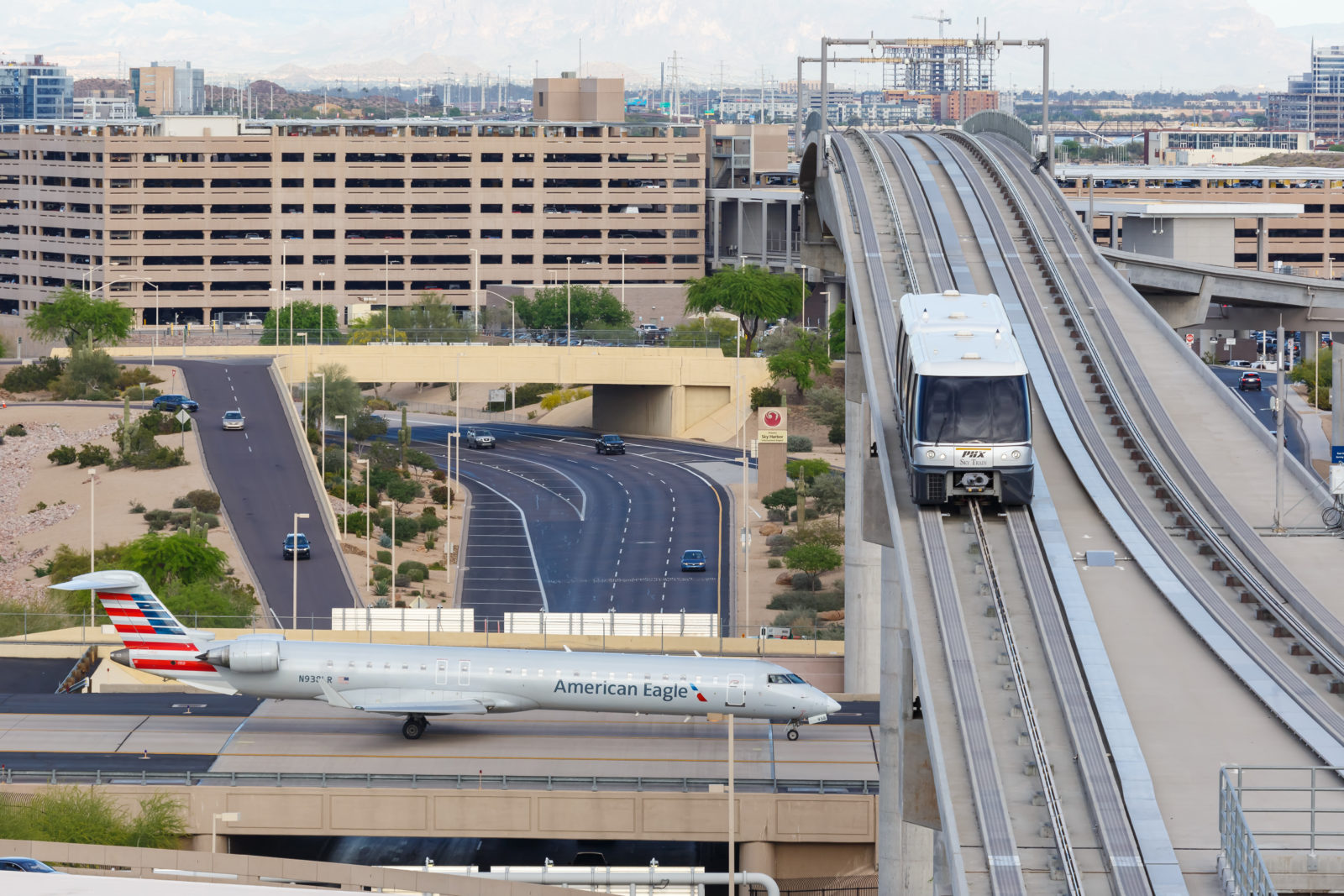
Two women who sued American Airlines and Mesa Airlines for negligence have lost their legal bid after a judge ruled that the Captain didn’t do anything wrong when he failed to immediately make a public address to the passengers after the cabin filled with smoke, the oxygen masks dropped, and the plane made a rapid descent.
Deborah Bradshaw and Chrystal Antao from Oklahoma say they now suffer from “extreme anxiety and psychological issues” as a result of the June 7, 2020, inflight emergency, as well as ongoing breathing and respiratory issues.
The two victims had based much of their lawsuit on the fact that when the smoke started to fill the cabin and the oxygen masks dropped from the ceiling that the flight attendants and pilots failed to give any instructions to the passengers.
Left in the dark as to what was actually happening, Deborah and Chrystal said many of their seatmates were left to assume a worst-case scenario in which the plane was about to crash, and several passengers even called their relatives to say their goodbyes.
Deborah says she now suffers from high blood pressure, asthma and panic attacks, while Chrystal told the court she suffers from anxiety and depression, as well as ‘decompression sickness’, panic attacks and tinnitus.
Mesa Airlines, a regional airline that provides flights on behalf of American Airlines that are branded as American Eagle, told the court that the emergency occurred when the anti-ice and leak controller failed, causing smoke to fill the cabin.
The pilots closed the ‘bleed valves’ to protect the aircraft from damage but this then led to a loss of cabin pressure, resulting in the need to make an emergency rapid descent to a safe altitude.
During the emergency, Mesa says its pilots correctly followed the airline’s procedures and only made an announcement to the pilots once the aircraft had completed its emergency descent to 10,000 feet.
Mesa said the pilots were following the long-established doctrine of ‘aviate, navigate, communicate’ in which the first priority is the safe operation of the aircraft, the second priority is to navigate the aircraft, and that is then followed by communication – first to air traffic control and finally to the passengers.
“Under the circumstances, it is obvious that the first thing to do was handle the emergency, which required a rapid descent to a safe altitude, and then once it is under control, inform the passengers as to the situation,” Judge Claire V Eagan said in her judgment.
“Executing established and approved procedures to manage an emergency cannot be careless or reckless; therefore, Mesa did not breach its duty to plaintiffs by failing to communicate with the passengers until after the crew completed the emergency descent procedure,” the judge continued.
Judge Eagan also ruled that there was no evidence that Mesa violated any relevant aviation safety regulation and dismissed the notion that the pilots should have made the emergency descent to a level above 10,000 feet.
The judge also dismissed the argument that American Airlines should have arranged for medical personnel to be waiting at the gate when the plane arrived when no one requested medical assistance.
“It does not appear that any of the actions taken by the flight crew were inconsistent with the goal of protecting the health and safety of the passengers,” the judgement continued.
“Instead, the record indicates the crew acted swiftly to address an emergency situation caused by an equipment malfunction, keeping the passengers and crew of the flight safe from catastrophe.”
Deborah and Chrystal have filed an appeal against the summary judgment. The case number is: 4:22-cv-00306.
Mateusz Maszczynski honed his skills as an international flight attendant at the most prominent airline in the Middle East and has been flying ever since... most recently for a well known European airline. Matt is passionate about the aviation industry and has become an expert in passenger experience and human-centric stories. Always keeping an ear close to the ground, Matt's industry insights, analysis and news coverage is frequently relied upon by some of the biggest names in journalism.








This is why we need “loser pays” laws in the US.
No more “shakedowns” by sleazy lawyers.
100%